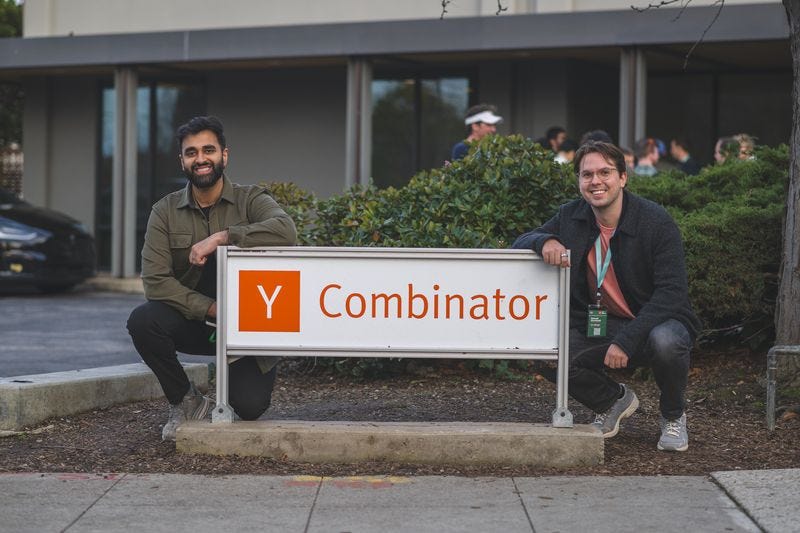
Visual builders have long been revered as the holy grail of computational innovation, tracing back to the era when Steve Jobs endeavored to pioneer this field with OpenStep's Interface Builder. Samuel Barnholdt emerges as a visionary in the contemporary landscape, undertaking this challenge with renewed vigor.
Despite the accelerating evolution of technology, the distance between front-end engineering and design has remained stable. The handoff between designers and engineers remains a point of friction, and very few teams manage to do it well. Samuel Barnholdt, a distinguished figure in software engineering, has introduced a novel solution aimed at solving this problem, once and for all. His groundbreaking initiative seeks to mitigate the coding bottleneck, streamlining the development process.
Samuel co-founded Ion Design with the aspiration to remedy the prevalent challenges encountered by front-end engineers. This endeavor aims to eradicate the inefficiencies associated with converting design blueprints into functional code. Ion Design leverages cutting-edge code generation technology to transform digital sketches directly into executable code. This innovation empowers front-end engineers to spend their time on features and business logic, instead of CSS and pixel tracking. Ion Design has garnered support from Y Combinator, a testament to its potential and innovative approach to addressing some of the most pressing challenges in software engineering.
Before Ion Design Samuel worked at Portally, a pioneering Swedish proptech startup that matches tenants with landlords, also known as the Tinder of the Swedish real estate market. His contributions to Portally helped them grow 600% year over year and they recently won the market category in the Nordic Proptech Awards. He also holds a Bachelor's degree in Computer Science from Uppsala University.
Replicating the success achieved with Portally will undoubtedly require navigating a unique set of challenges. While Samuel's experience and expertise in software engineering are formidable assets, building and scaling a startup in a highly competitive market like front-end development will demand resilience, adaptability, and a keen understanding of evolving industry dynamics.
Ultimately, whether Samuel Barnholdt and Ion Design achieve the same level of success as Portally remains uncertain. But with a compelling vision, innovative technology, and a proven track record of driving growth and innovation, Samuel is certainly well-equipped to make a significant impact in his new venture. As Ion Design continues to evolve and gain traction, it will be fascinating to see how Samuel's vision reshapes the landscape of front-end engineering and design, potentially paving the way for a more efficient and collaborative future in software development.
Published: March 22nd, 2024
Comments
Loading comments…